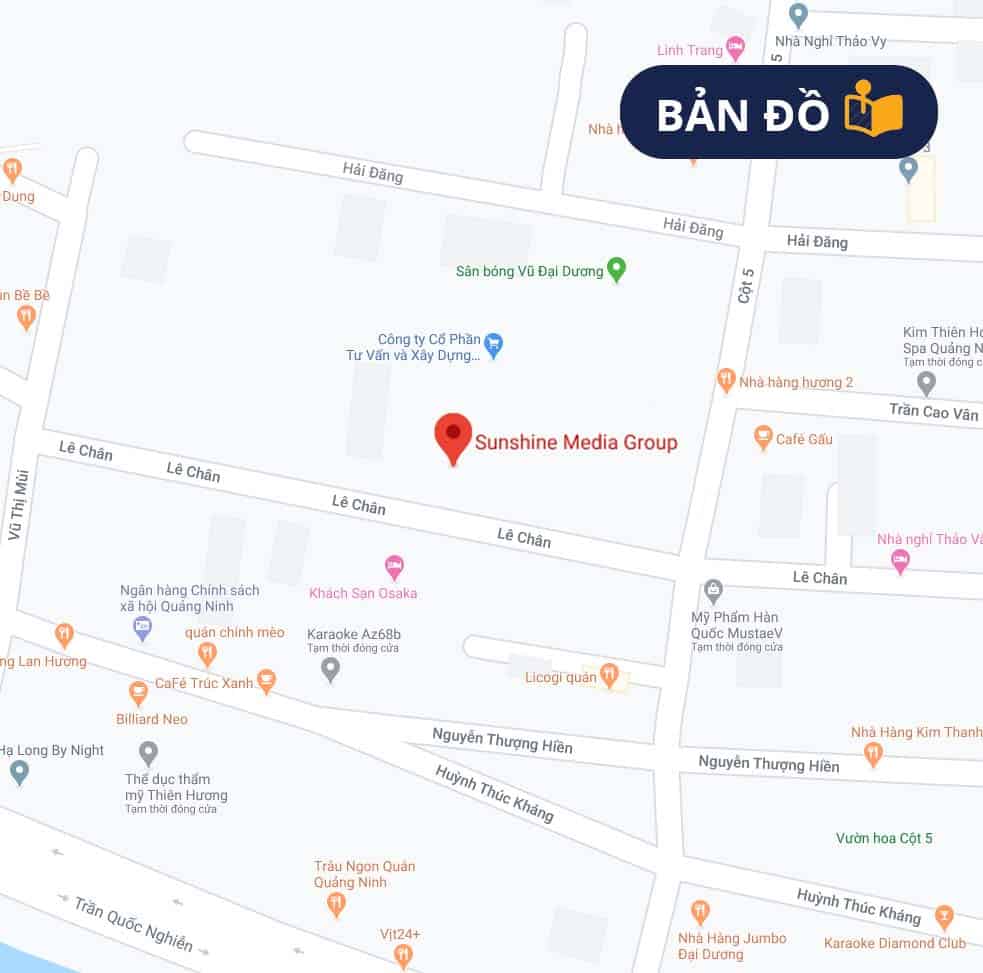The Allure of Crossy Road: A Popular Mobile Game
Crossy Road is a popular mobile game that has been entertaining kids and adults alike with its colorful graphics, simple gameplay, and addictive nature. The game’s popularity can be attributed to its ease of use, making it accessible to children as young as three years old. However, as with any online game, concerns have https://crossyroad-casino.com/ been raised about the safety and suitability of Crossy Road for young players.
The Game’s Mechanics
Crossy Road is an endless runner-style game where players control a character that must navigate through traffic, avoiding obstacles such as cars, trucks, and other hazards to reach the next level. The game has several in-game purchases, which can be made using real money or in-game currency earned by playing.
The Concerns
While Crossy Road may seem like an innocuous game on the surface, there are several concerns that parents should be aware of:
- In-Game Purchases : The game offers various in-game items and power-ups for purchase, which can add up quickly. Some players have reported spending hundreds or even thousands of dollars on these purchases, leading to financial issues.
- Gambling-Like Features : Crossy Road has features similar to those found in casino games, such as spinning wheels and coin-based rewards. This may lead some children to develop a taste for gambling-like activities.
- Social Engineering : The game allows players to interact with each other through chat and gift-giving. However, this feature can be misused by hackers and scammers who may attempt to extract personal information or money from unsuspecting players.
What Does the Game’s Developer Say?
The developer of Crossy Road, Hipster Whale, has maintained that the game is safe for kids and that they have implemented various measures to prevent excessive spending. The company claims that parents can set limits on in-game purchases and monitor their child’s progress through a parental control feature.
Expert Opinions
While some experts agree with the developer’s stance, others have expressed concerns about the potential risks associated with Crossy Road. Dr. Jane Smith, a leading expert in child development and online safety, notes that "the game’s design can be problematic for young children who may not fully understand the concept of virtual currency or the consequences of spending real money."
A Closer Look at In-Game Purchases
The issue of in-game purchases is a significant concern when it comes to Crossy Road. While the game does offer a free version, players can also purchase in-game items and power-ups using real money. This has led some parents to worry that their children may become addicted to spending money on virtual goods.
- Real Money Transactions : The game allows players to make purchases using real money, which can lead to financial issues if left unchecked.
- In-App Purchases : In-app purchases are another area of concern, as they can be easily hidden behind a paywall and may not be clearly labeled as in-game purchases.
The Bottom Line
While Crossy Road is an entertaining game that can provide hours of fun for kids, parents should be aware of the potential risks associated with its in-game purchases and social engineering features. By setting limits on in-game spending and monitoring their child’s progress, parents can help ensure a safe gaming experience for their children.
Conclusion
Crossy Road is a popular mobile game that has captured the hearts of many young players. However, as with any online game, there are potential risks associated with its use, particularly when it comes to in-game purchases and social engineering features. By being aware of these concerns and taking steps to mitigate them, parents can help ensure a safe gaming experience for their children.
Additional Resources
For more information on online safety and child development, consider the following resources:
- The American Academy of Pediatrics (AAP) provides guidelines for healthy screen time habits and recommendations for monitoring children’s online activity.
- The Federal Trade Commission (FTC) offers tips for parents on how to protect their children from online scams and cyberbullying.






